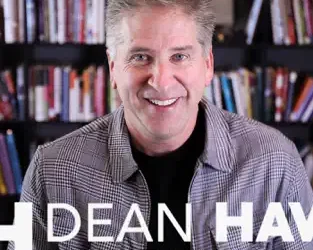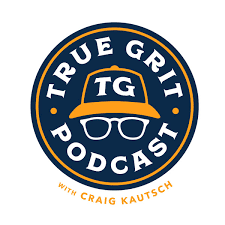LinkedIn, the social networking site for professionals, recently compiled a list of the ten most overused terms and phases within the profiles used by its members. In reviewing these top ten “buzzwords” I could not help but think about the tens of thousands of resumes that still use these very same words or phrases – shocking but true! As both a career coach and HR professional at CraftResumes I can tell you how tiring and empty these words become when not only reviewing someone’s resume, but seeing these same words appear in job hunters’ cover letters and other forms of communications. Even in interviews how often have we heard words such as “motivated,” “results oriented,” or “problem solver” when asked the question “so tell me about yourself?”
So not to keep you in suspense any further, here are LinkedIn’s top ten most overused terms starting with number ten working up to number one (I cannot help but think of David Letterman’s top ten gig): Entrepreneurial; Problem solver; Faced-paced; Team player; Proven track record; Dynamic; Results-oriented;Motivated; Innovative; and Extensive experience. Have you cringed yet? I am sure if we looked at least some of our old resumes we would probably finds tons of these words peppered throughout. Oh, I forgot to mention “great communication skills” and “attention to detail.” Cringe some more.
However revealing LinkedIn’s list may be, these terms are not new, or shocking, to Five O’Clock Club members. When you consider the 5OCC methodology where we not only suggest but insist our members do the assessment exercises, especially the Seven Stories and Forty-Year Vision, we begin by encouraging our members to use these exercises to reveal insights about themselves that are truly unique. Faster than one can say “team player” our members learn how to actually show how they are a team player through a well constructed accomplishment revealed in one of their Stories. Our assessment exercises also challenge our members to think about the many accomplishments in their careers and lives, and how these accomplishments speak volumes over empty words such as “innovative” or “dynamic.”
The problem is that such limiting phrases as “problem solver” do not give the reader of the resume, or the person conducting the interview, a sense of how well you solve problems. It is what we call the “trust me syndrome” when the person making the statement is basically asking that the interviewer “trust me, I am a great problem solver” but without any examples of how well they solve problems. A well crafted resume, cover letter or Two-Minute Pitch should have several good examples from your own work or personal experiences that demonstrate you are results oriented or a good team player. When working with clients to develop their own unique resume, I review their Seven Stories exercise so their resume no longer says “streamlined server systems to improve communications” to one of their stories that gives an actual project where the result was a measurably improved communication system.
Many job hunters feel the need to use such phrases as “great communication skills,” “highly motivated,” and “creative” in the summary statement at the top of their resumes or in their LinkedIn profiles. Why not be truly creative with a “differentiating statement” which says something unique about you as a person as well as a potential employee. Think about a combination of skills or experiences that would set you apart from your competition. I worked with a client who was pursuing opportunities in Information Technology as a networking specialist. There are lots of networking specialists active in the job market, but what set this client apart is that he also had a formal electrical engineering degree. By simply combining a statement in the summary of his resume that read “Ability to fix software and hardware problems through a unique combination of networking and electrical engineering skills” he set himself apart from all those with only a networking background. Hey, if my computers go down, why wouldn’t I want someone who not only can correct any software issues, but actually break down and fix the machines themselves!




